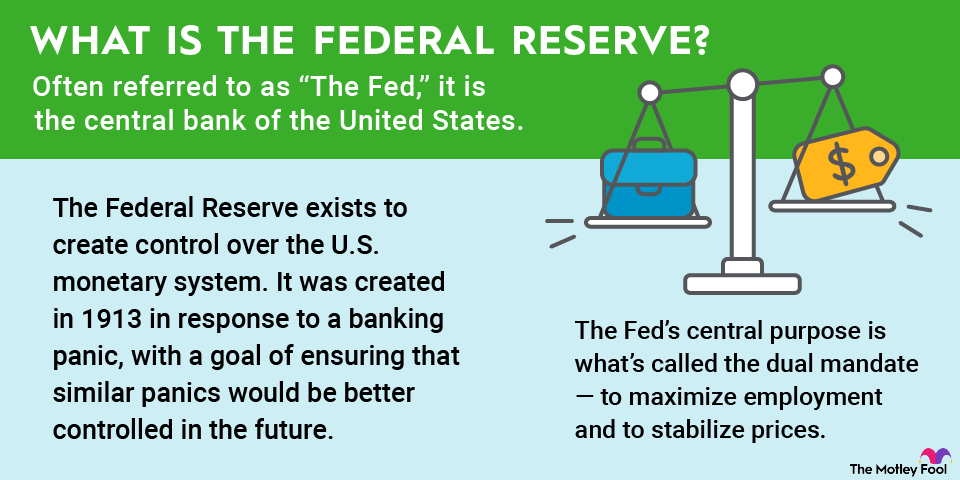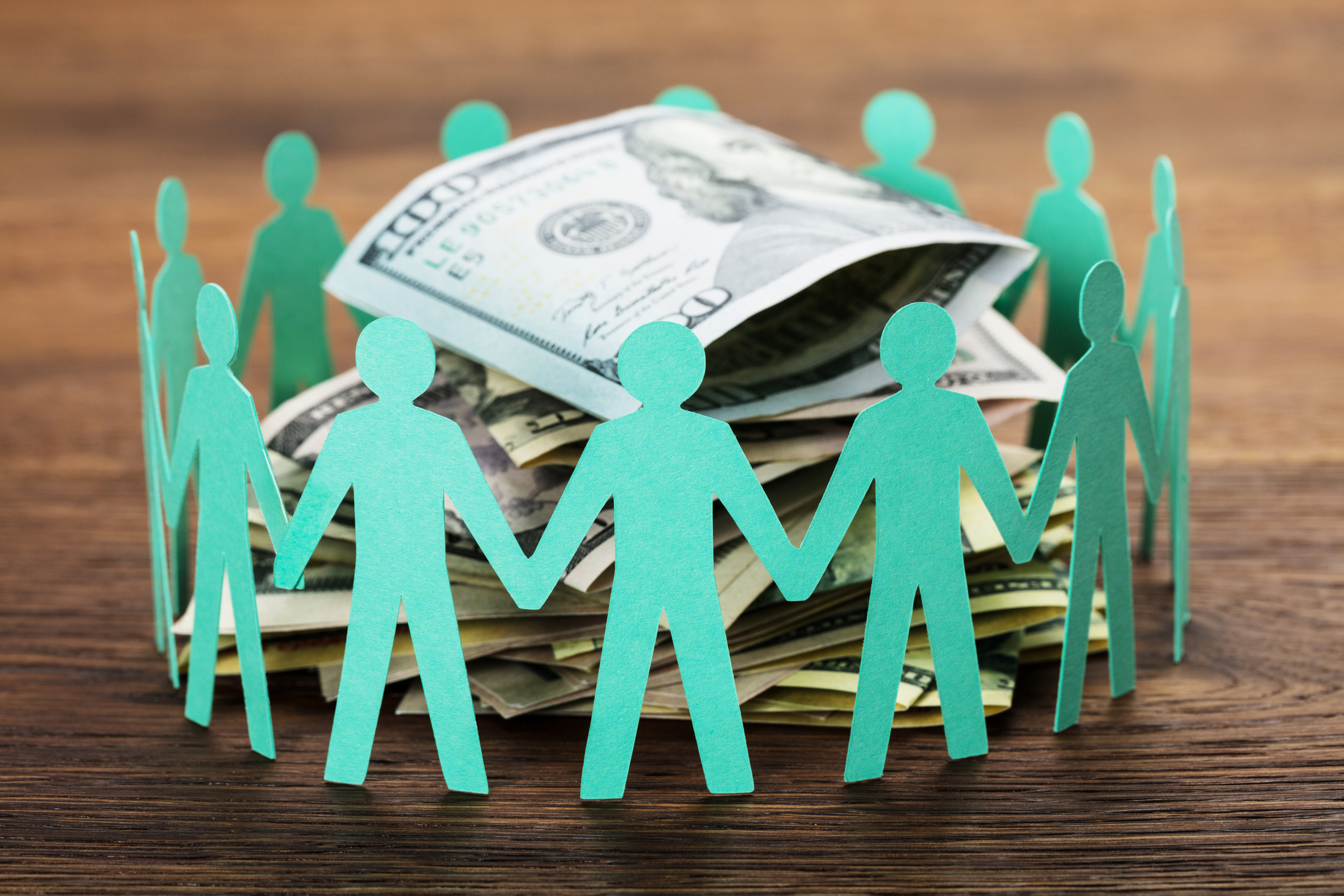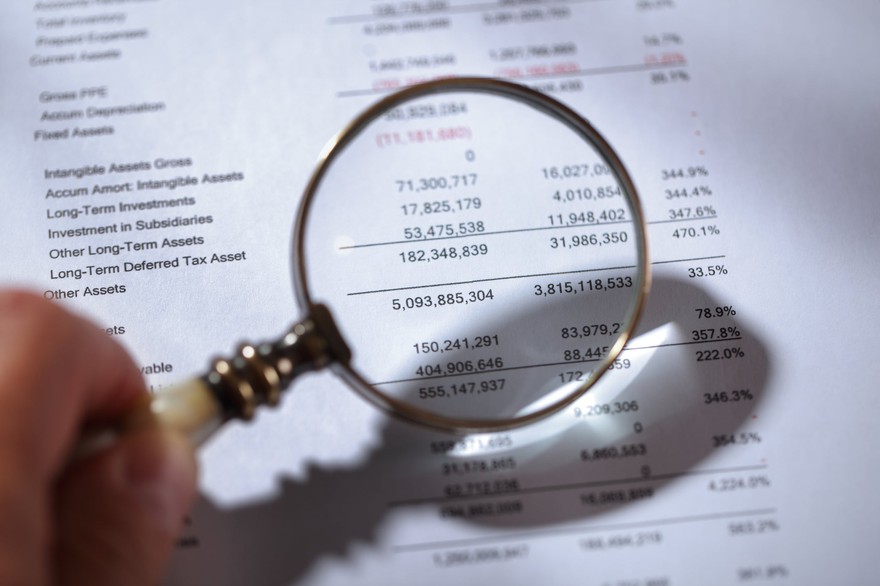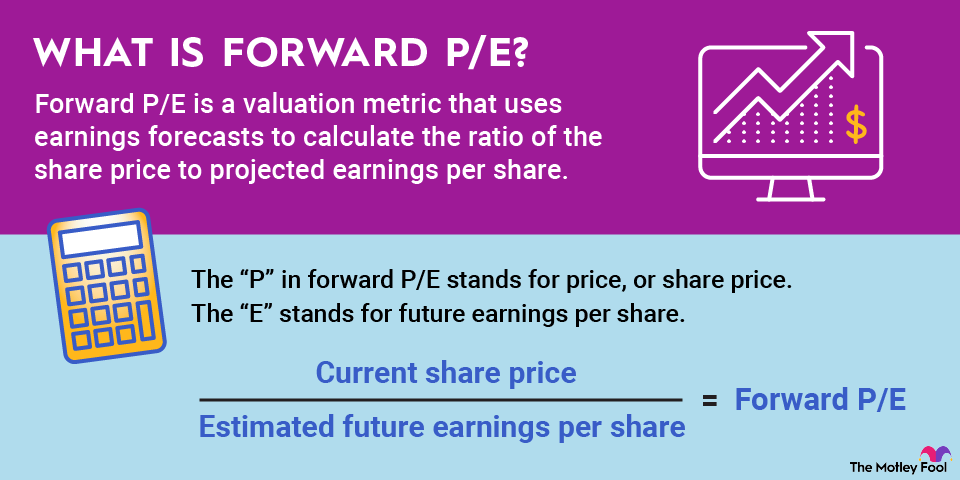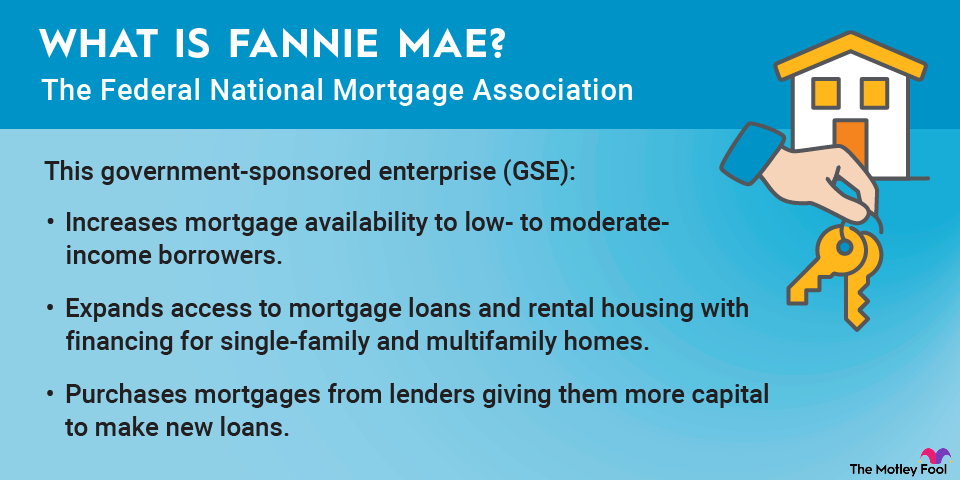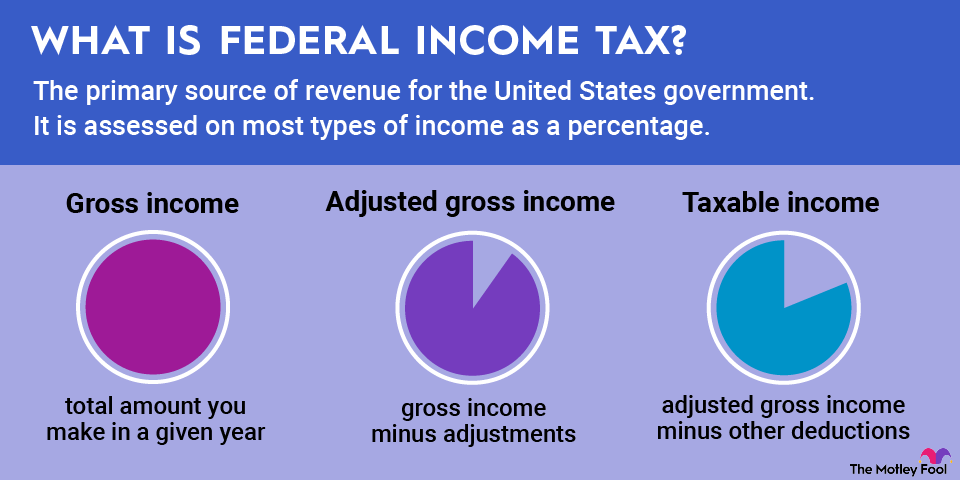Sometimes, regardless of your best efforts, it's just not possible to continue making your loan payments. You might have fallen ill or maybe lost your job, but your late payments just keep getting later and later. Enter forbearance.

What is forbearance?
Forbearance is a process through which lenders can temporarily put a stop to some or all of your monthly payments rather than foreclose on your property or cause you to default on your loan. Although we commonly hear about forbearance in regard to student loans, it's also common with mortgages and, though less common, other types of loans, such as car loans and even personal loans.
You must call your lender to apply for forbearance if you find yourself in trouble. They'll ask you about your financial life and the situation that's preventing you from being able to make your payments. Once a forbearance is granted, you may be able to stop making payments for a set amount of time, pay only interest, or pay a lower payment, depending on what the bank has determined is most likely to result in your getting back on track.
The debt you skipped isn't forgiven but rather reincorporated into your loan. It may be tacked on as payments at the end of the period your loan is amortized for, or you may be asked to pay a little extra each month as catch-up payments. You can ask your lender about your options.
Mortgage forbearance
Mortgage forbearances are granted when serious circumstances prevent you from paying your mortgage. It's extremely costly for a bank to go through all the legal avenues to repossess your property, prepare it for sale, and then sell it to another person. It's generally beneficial for banks to help you stay in your home if it looks as if you might eventually be able to make your payments again.
The types of forbearance you can receive will depend on multiple factors, including the type of loan you have, your loan servicer, and other requirements from the investor backing your mortgage loan. You may find that you have a balloon payment due at the end of your forbearance, an increase in your payments for a set period of time (once they resume), or extra payments added to the end of your mortgage.
Balloon Payment
Student loans: Forbearance vs. deferment
Forbearance is very common with student loans, so much so that many servicers have made all the necessary forms available on their website. As with mortgages, student loans in forbearance allow you to stop making payments if you qualify based on specific criteria laid out by each lender and servicer. Your interest will continue to accrue, so getting back to regular payments as soon as possible is important.
A deferment, on the other hand, also allows you to stop making payments temporarily, but the interest stops accruing while you're in the deferment period. Like forbearance, you'll eventually have to make the payments, but if life is in the way or you've returned to school, it gives you a tool to reduce your living expenses temporarily. You will also have to apply for deferment in many cases, so contact your lender if this is an option you're considering.
Related investing topics
Forbearance on a large scale: COVID-19 pandemic
During the beginning of the COVID-19 pandemic, forbearance made headlines as a tool many people were being made aware of for the first time. Pandemic forbearance under the Coronavirus Aid, Relief, and Economic Security (CARES) Act included widespread student loan forbearance that remained in force for several years. That allowed the economy to rebound and families to recover from the financial blows they may have been dealt by unemployment or unplanned career changes.
As a result of the pandemic, though, many banks also offered forbearance to anyone struggling to make other types of payments. Applying for a pandemic forbearance for a mortgage was extremely easy and almost guaranteed for average Americans who needed help during a difficult time. The banks did not want to get houses back en masse as they did during the Great Recession, and mortgage forbearance proved to be a solution to that problem.
All said, the Federal Reserve Bank of Philadelphia estimates that 8.5 million borrowers took advantage of pandemic mortgage forbearances during the pandemic, and 700,000 remained in forbearance as of February 2022. Federal student loan borrowers (43.8 million of them) also were granted automatic forbearance on their loans when the pandemic began, a debt totaling over $1.6 trillion. So far, this use of forbearance on a wide scale has helped to avoid a much bigger potential economic catastrophe.


